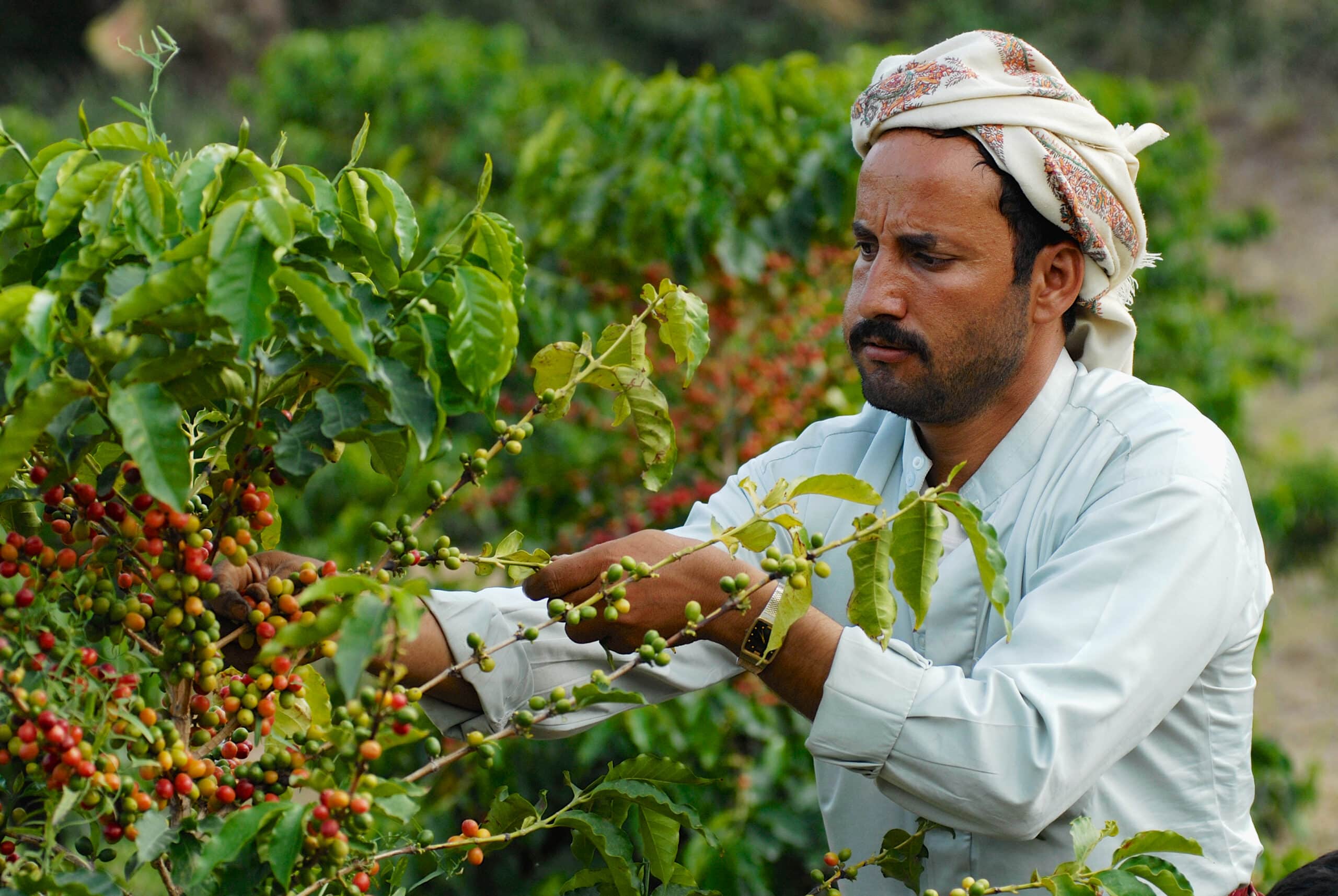Small and Medium Enterprises (SMEs) are widely recognised as critical drivers of economic development, particularly in developing countries like Ghana. SMEs contribute significantly to GDP, job creation, and rural development. According to the International Trade Centre, SMEs account for roughly 85% of manufacturing employment in Ghana, and contribute approximately 70% to national GDP. Furthermore, Ghanaian SMEs working in the agrifood sector contribute heavily to national food security and poverty reduction.
Despite their importance, SMEs in Ghana face numerous barriers that hinder their growth and development. This article will explore these barriers in detail and provide practical solutions to overcome them.
Importance of SMEs
SMEs are often described as the backbone of the economy due to their substantial contributions to job creation, tax revenue, and the provision of goods and services. In Ghana, SMEs represent about 92% of businesses and are a vital part of the economic fabric. Their growth not only fosters economic progress but also creates opportunities for women and contributes to the reduction of poverty.
The agriculture sector plays a major role in this. According to the FAO, more than 50% of the total Ghanaian workforce is engaged in agriculture, most of which operate at smallholder or SME scale.
Barriers to SME development in Ghana
1. Access to finance
One of the most significant barriers to SME development in Ghana is access to finance. Traditional banks and private equity funds often do not adequately serve SMEs due to stringent collateral requirements, high-interest rates, and the need for established track records. According to British International Investment, only half of Ghanaian SMEs have accessed bank credit, and 75% of these loans are short-term, lasting less than three years. This financing gap leaves many SMEs struggling to meet their capital needs, which hampers their growth and development.
Agricultural SMEs face unique challenges due to the seasonal nature of their operations and the inherent risks associated with agriculture. High-interest rates and lack of collateral make it difficult for these SMEs to secure funding, while financial institutions often lack the expertise to assess the viability of agricultural projects, leading to further reluctance to lend.
To address financing gaps, new financing platforms have emerged that are designed to provide more accessible, flexible, and growth-oriented funding options to SMEs, helping them to thrive without the constraints of traditional lending requirements. However, more work is yet to be done, and financial institutions should develop specialised products for agricultural SMEs, considering their unique needs and risks. This could include seasonal loans, crop insurance, and grant schemes to support technology adoption and infrastructure development.
2. Managerial skills
Many SMEs lack the expertise needed to manage their operations efficiently. This skill gap is exacerbated by the high cost of training and advisory services, which many SMEs in Ghana cannot afford.
In the agricultural sector, effective management is crucial for optimising production, reducing waste, and improving profitability. However, many agribusinesses lack access to training programs that focus on modern farming techniques, supply chain management, and business operations, limiting their ability to scale and compete.
Availing of affordable training and advisory services is crucial for improving managerial skills among SME owners. Government and development agencies can subsidise the cost of training programs to make them accessible to more SMEs. Creating awareness about the importance of upgrading skills and providing incentives for participation can also help bridge the skill gap.
For agricultural SMEs, training programs should focus on modern farming techniques, supply chain management, and business operations. Establishing agricultural extension services and partnerships with universities and research institutions can also provide valuable support and knowledge transfer.
3. Technology
Many Ghanaian agribusinesses are reliant on outdated technologies, and struggle to access and leverage more modern solutions. This severely limits their productivity and efficiency, and hinders their ability to compete effectively.
In particular, the adoption of modern farming equipment, irrigation systems, and processing technologies is limited in Ghana. Many farmers and agribusinesses still use traditional methods, leading to lower yields and higher post-harvest losses. The lack of access to technology also affects the quality and competitiveness of their products in both local and international markets.
To improve access to technology, government and development agencies can establish technology hubs and incubators that provide SMEs with access to modern equipment and technical support. Additionally, fostering partnerships between SMEs and technology providers can help facilitate the transfer of technology and knowledge.
Providing incentives such as subsidies or tax breaks that reduce the costs of acquiring and using agtech can also encourage SMEs to adopt modern technologies. This can lead to higher productivity, reduced post-harvest losses, and improved product quality.
4. Regulatory issues
Regulatory constraints pose serious challenges to smallholders and SMEs. High start-up costs, complex licensing and registration procedures, and lengthy legal processes can impose unnecessary burdens on businesses. In particular, many smallholders struggle to navigate regulatory challenges related to land ownership, food safety standards, and export regulations, as they often lack the resources to comply with all requirements.
Streamlining regulatory procedures can reduce these burdens. Simplifying the licensing and registration process, reducing the number of required procedures, and shortening processing times can help SMEs start and operate their businesses more efficiently.
Additionally, implementing antitrust legislation and strengthening property rights protection can create a more favourable business environment for SMEs, encouraging innovation and competition. Simplifying land ownership regulations and improving land governance can support growth, especially for female farmers who often struggle to secure land ownership rights in many African countries.
5. Market access
Limited access to international markets is another significant barrier. Many SMEs face challenges in accessing information about foreign markets, which impedes their expansion efforts.
These issues are compounded by the perishability of many food products and the need for compliance with stringent food safety and quality standards in export markets. Many agribusinesses struggle to find reliable distribution channels and partners, limiting their ability to reach broader markets.
To address this, governments and development agencies must provide training and resources to help SMEs navigate international markets and comply with global standards. Investing in cold chain infrastructure and logistics – which many African countries severely lack – will prove essential to improving product quality and longevity, allowing businesses to transport products to regional or even international markets.
Participating in trade fairs and exhibitions can also help SMEs showcase their products to international buyers and expand their market reach. Creating export promotion programs and establishing partnerships with foreign companies can further enhance market access.
6. Human resource issues
Many SMEs also suffer from inadequate training and skill gaps. They frequently employ family members or unskilled labour, which can negatively affect their productivity and competitiveness.
Equipping agribusinesses with modern practices and management skills is essential. Investing in education and vocational training can help address these skill gaps, while providing scholarships, grants, and subsidised training programs can encourage more individuals to acquire the skills needed for SME development.
Conclusion
Addressing the barriers to SME development in Ghana will require a collaborative effort from government, development agencies, financial institutions, and the private sector. By working together, these stakeholders can create a more conducive environment for SME development, unlocking their potential to drive sustainable economic growth and development.
At Farrelly Mitchell, our experienced food and agribusiness consultants work with public and private stakeholders to build more productive, sustainable, and resilient food systems in developing countries. We have decades of experience supporting developmental projects throughout the global south, and from our dedicated offices in Ghana and Kenya we offer a range of services tailored to African contexts. Our services include institutional development, capacity building, food security consulting, program design, and much more.














